Microsoft to Block Emails With 550 5.7.15 Access denied Error
In a notable development that will affect numerous businesses globally, Microsoft has announced that it will commence the rejection of emails that do not adhere to strict authentication standards, resulting in the error code “550 5.7.15 Access denied.” This enforcement, scheduled to take effect on May 5, 2025, represents a hardening of Microsoft’s initial approach, […] The post Microsoft to Block Emails With 550 5.7.15 Access denied Error appeared first on Cyber Security News.

In a notable development that will affect numerous businesses globally, Microsoft has announced that it will commence the rejection of emails that do not adhere to strict authentication standards, resulting in the error code “550 5.7.15 Access denied.”
This enforcement, scheduled to take effect on May 5, 2025, represents a hardening of Microsoft’s initial approach, which had planned to route non-compliant messages to Junk folders.
The new policy specifically targets high-volume senders- organizations dispatching more than 5,000 emails daily to Microsoft’s consumer email services, including Outlook.com, Hotmail.com, and Live.com domains.
Rather than simply flagging suspicious emails, Microsoft will block them completely at the SMTP level if they lack proper authentication.
“After careful consideration and to ensure the protection of users and remove any confusion on why a message was in the junk folder for both the recipient and sender, we have made a decision to reject messages that don’t pass the required authentication requirements,” Microsoft stated in its official announcement.
Technical Requirements for Compliance
To avoid the “550 5.7.15 Access denied” rejection error, senders must implement three critical email authentication protocols:
- SPF (Sender Policy Framework): Must pass validation for the sending domain, with DNS records accurately listing authorized IP addresses and hosts.
- DKIM (DomainKeys Identified Mail): Must pass to validate email integrity and authenticity through cryptographic signatures.
- DMARC (Domain-based Message Authentication, Reporting & Conformance): Must have at least a p=none policy and align with either SPF or DKIM authentication.
The rejected messages will specifically be designated as: “550 5.7.15 Access denied, sending domain [SendingDomain] does not meet the required authentication level”.
Email administrators struggling with the 550 5.7.15 error typically face these challenges:
- Missing or incorrectly configured SPF, DKIM, or DMARC DNS records.
- Domain misalignment between the “From” address and authentication domains.
- Exceeding SPF’s 10 DNS lookup limit.
- Third-party email service providers not properly configured for your domain.
Security experts recommend using specialized DMARC analytical services to identify specific authentication issues, as traditional checkers may only verify if records exist without confirming actual compliance with Microsoft’s requirements.
URI Ports advises in a recent blog post, “To diagnose and resolve the 550 5.7.15 error, we recommend testing your email authentication setup before the deadline. “
Organizations dependent on email communications for marketing, notifications, or customer service should audit their authentication configurations immediately to avoid disruption when enforcement begins.
Find this News Interesting! Follow us on Google News, LinkedIn, and X to Get Instant Updates
The post Microsoft to Block Emails With 550 5.7.15 Access denied Error appeared first on Cyber Security News.



















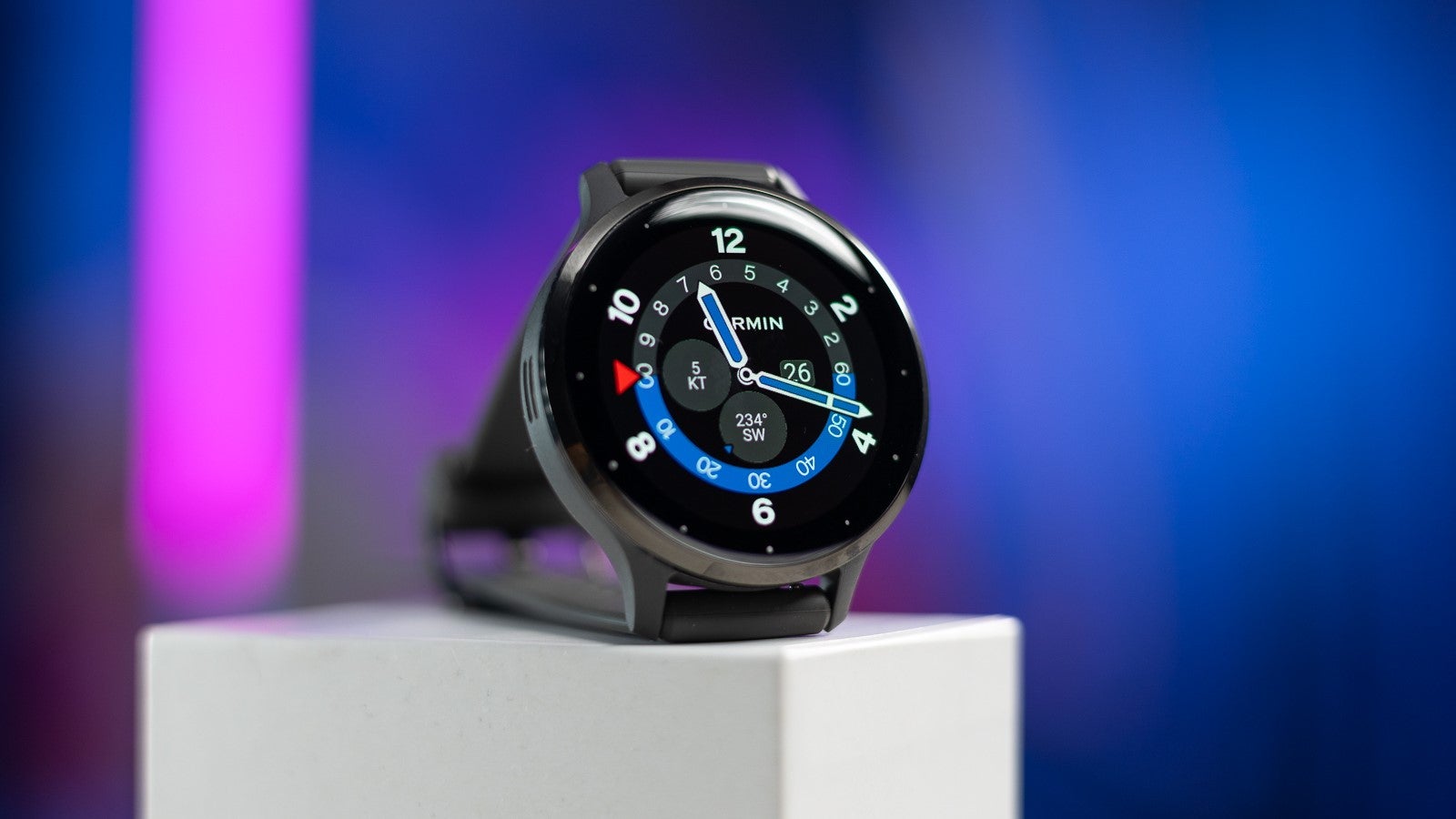
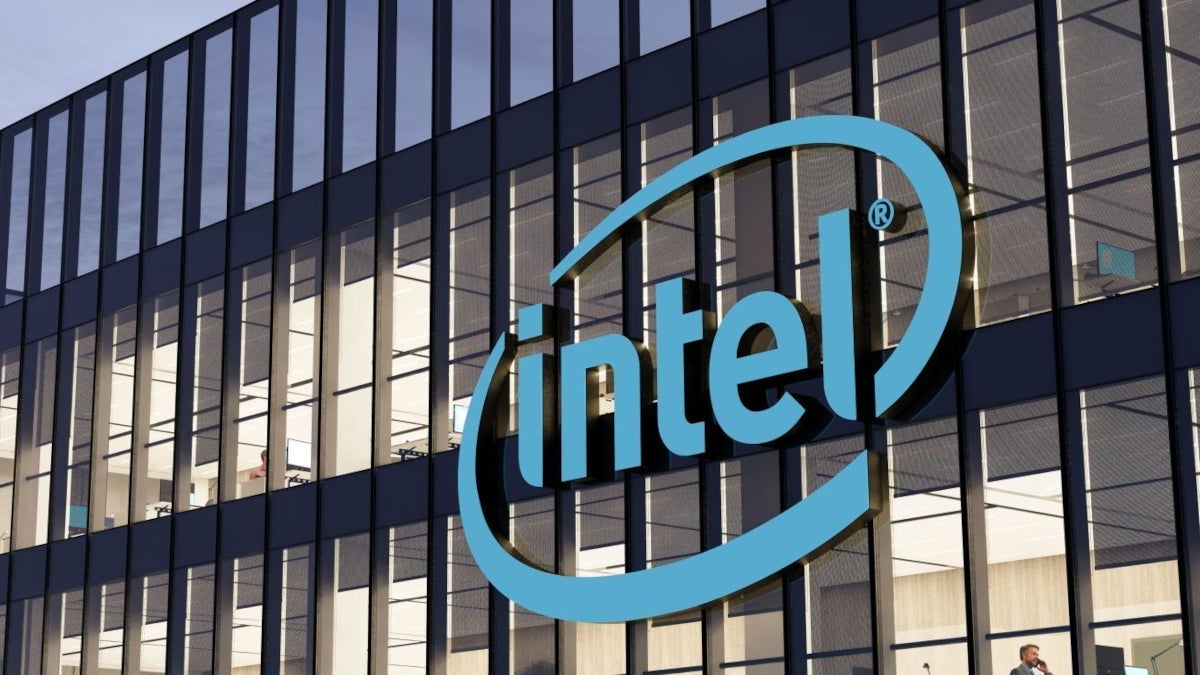
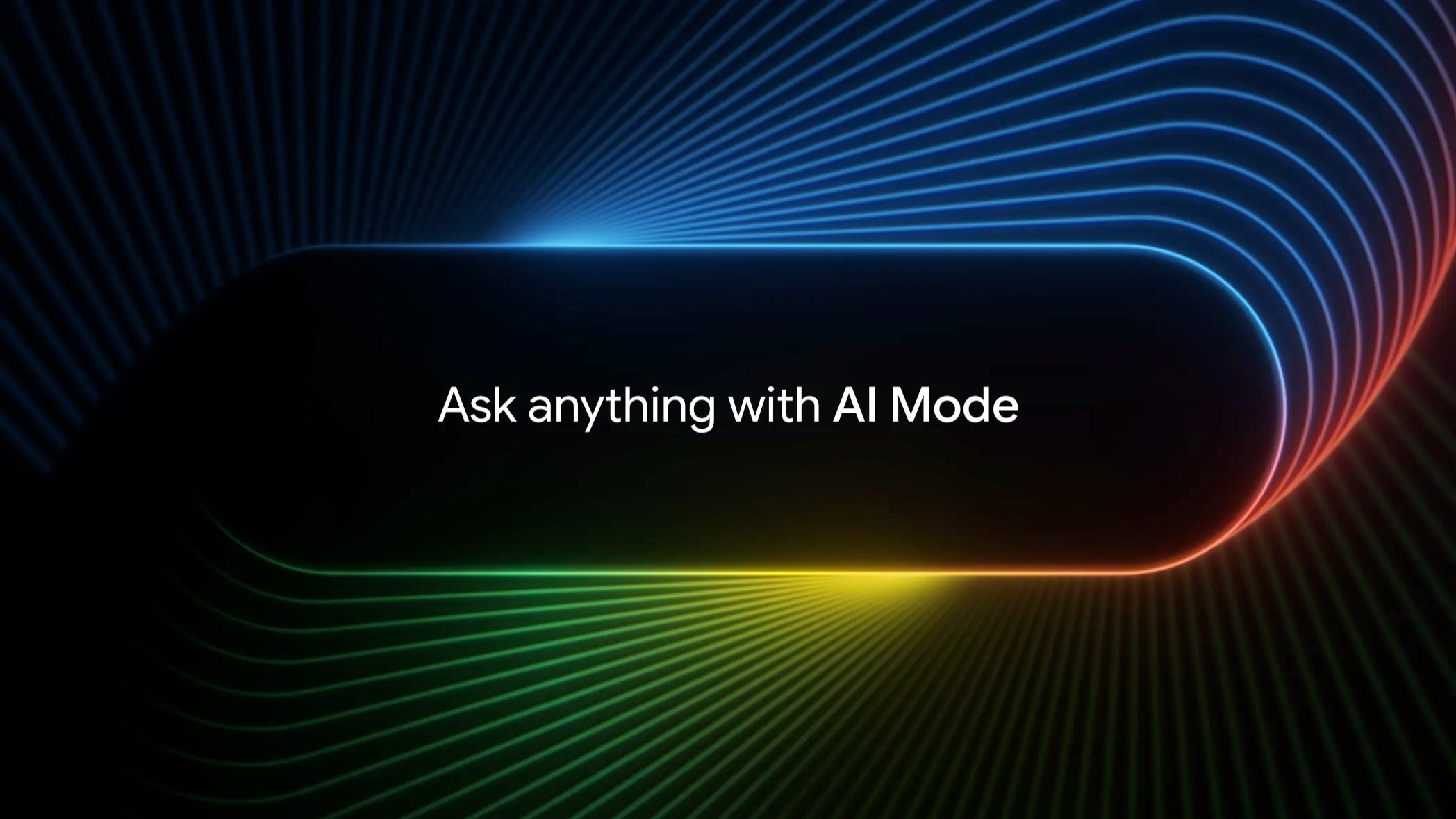




























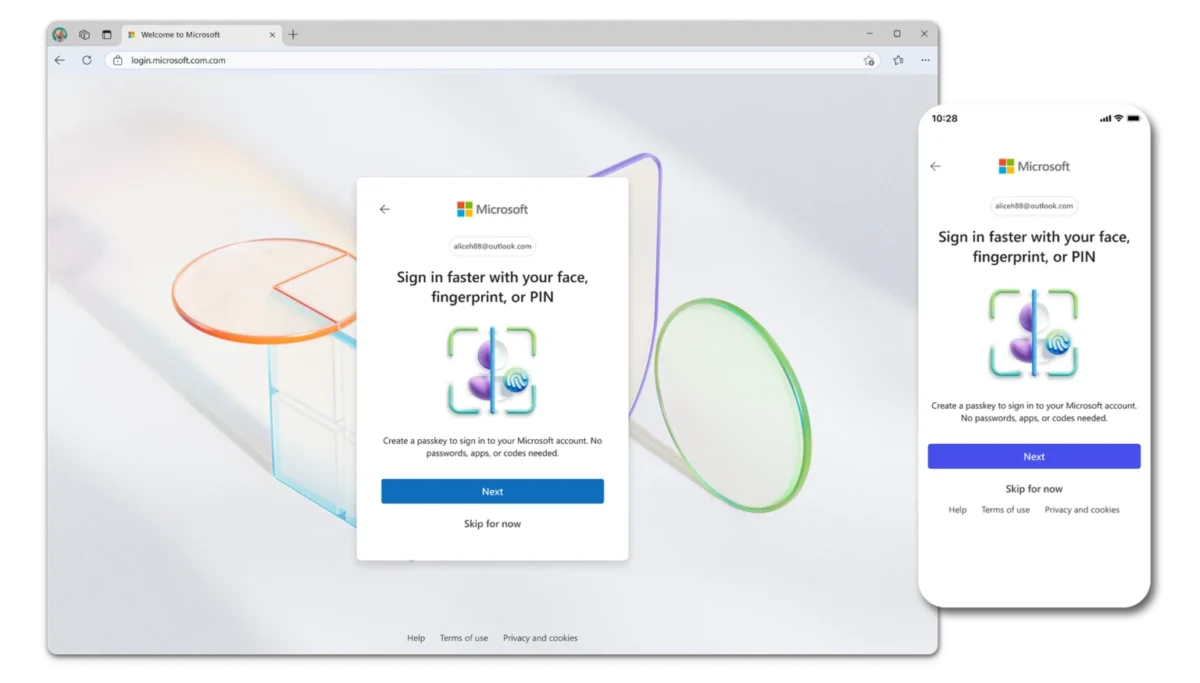

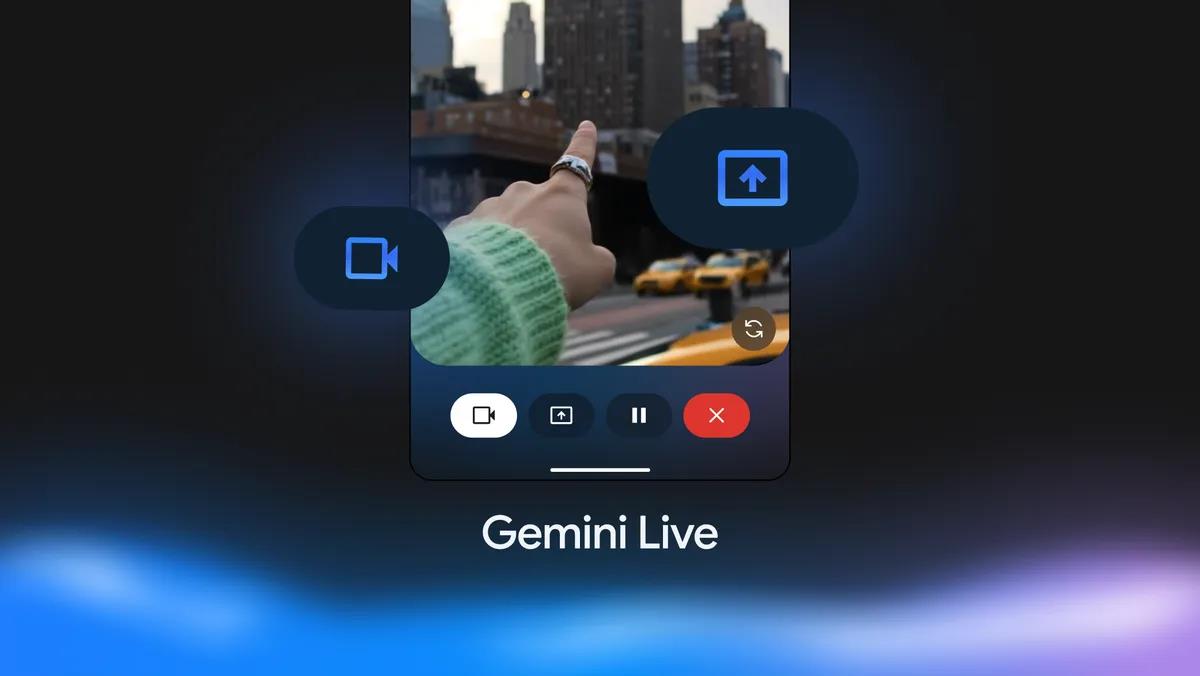

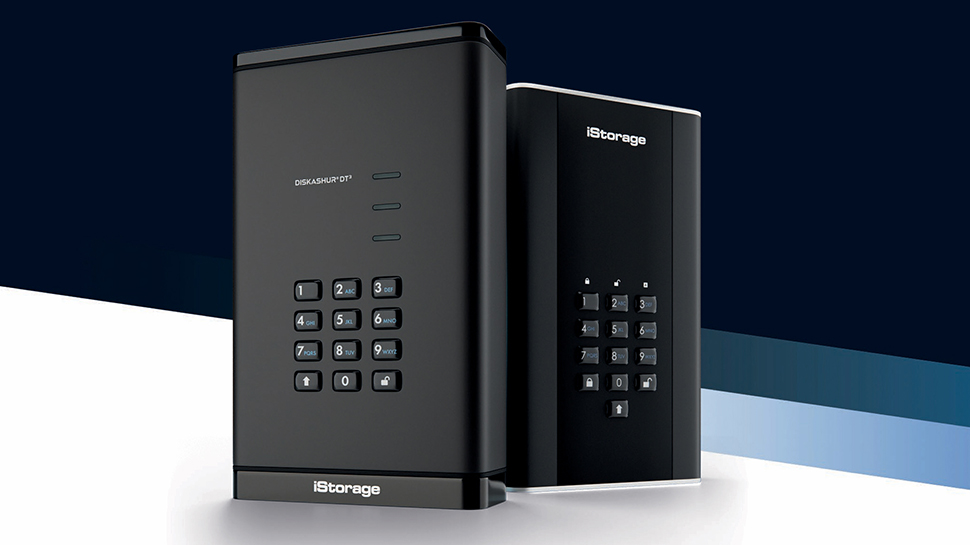


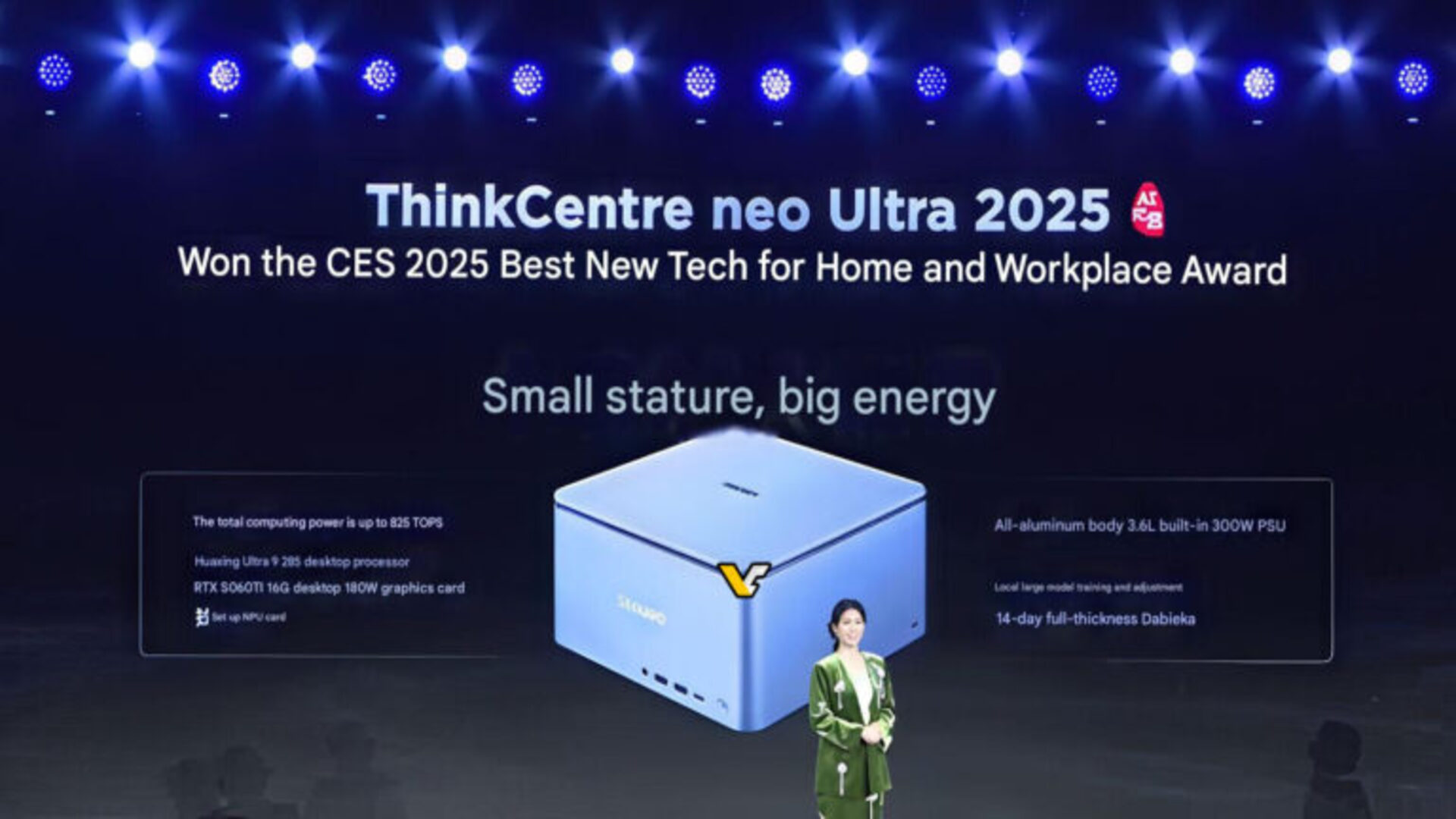
















![New Apple iPad mini 7 On Sale for $399! [Lowest Price Ever]](https://www.iclarified.com/images/news/96096/96096/96096-640.jpg)
![Apple Developing Battery Case for iPhone 17 Air Amid Battery Life Concerns [Report]](https://www.iclarified.com/images/news/97208/97208/97208-640.jpg)
![Apple to Split iPhone Launches Across Fall and Spring in Major Shakeup [Report]](https://www.iclarified.com/images/news/97211/97211/97211-640.jpg)
![Apple to Move Camera to Top Left, Hide Face ID Under Display in iPhone 18 Pro Redesign [Report]](https://www.iclarified.com/images/news/97212/97212/97212-640.jpg)











![The Material 3 Expressive redesign of Google Clock leaks out [Gallery]](https://i0.wp.com/9to5google.com/wp-content/uploads/sites/4/2024/03/Google-Clock-v2.jpg?resize=1200%2C628&quality=82&strip=all&ssl=1)
![What Google Messages features are rolling out [May 2025]](https://i0.wp.com/9to5google.com/wp-content/uploads/sites/4/2023/12/google-messages-name-cover.png?resize=1200%2C628&quality=82&strip=all&ssl=1)







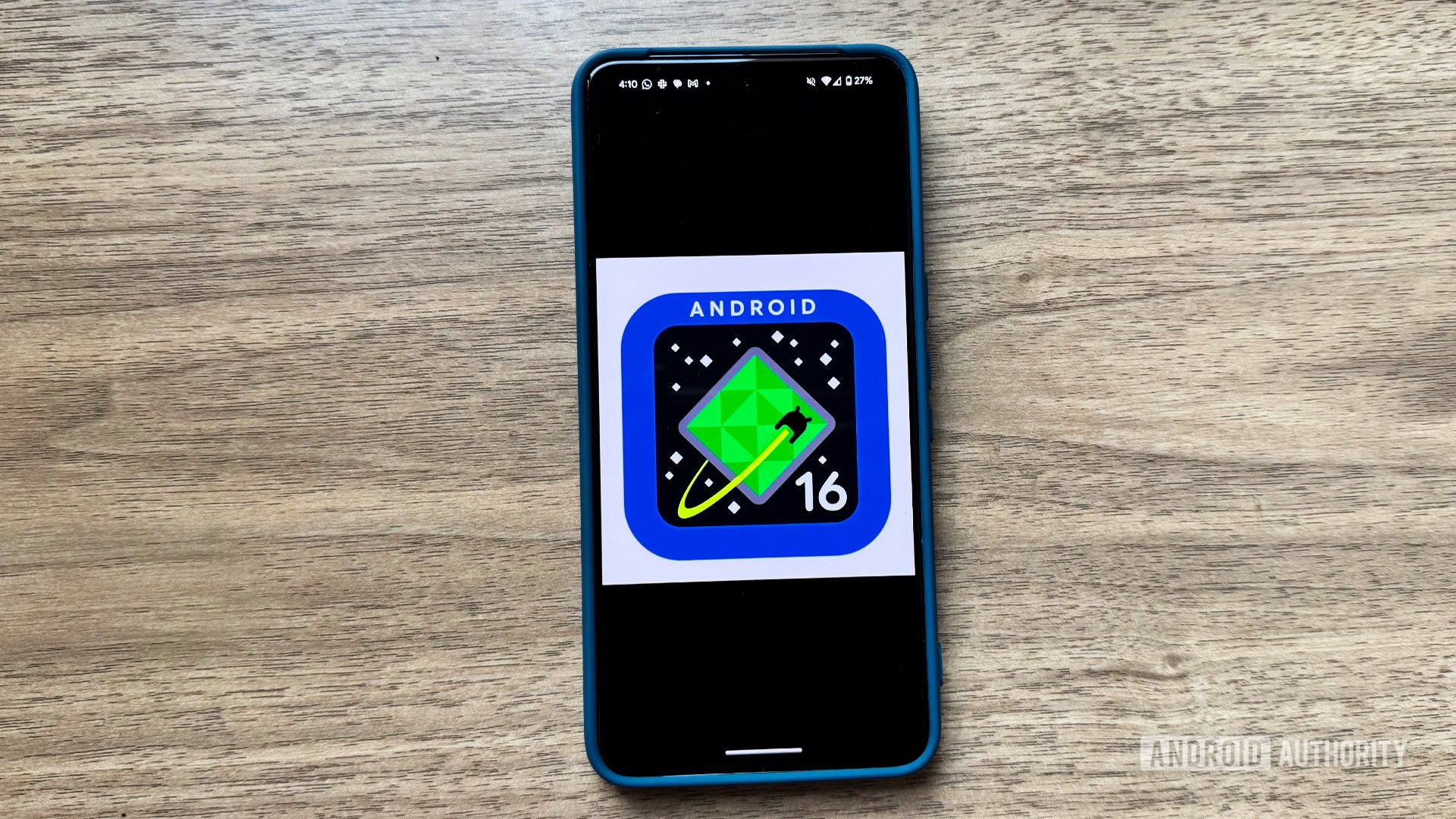







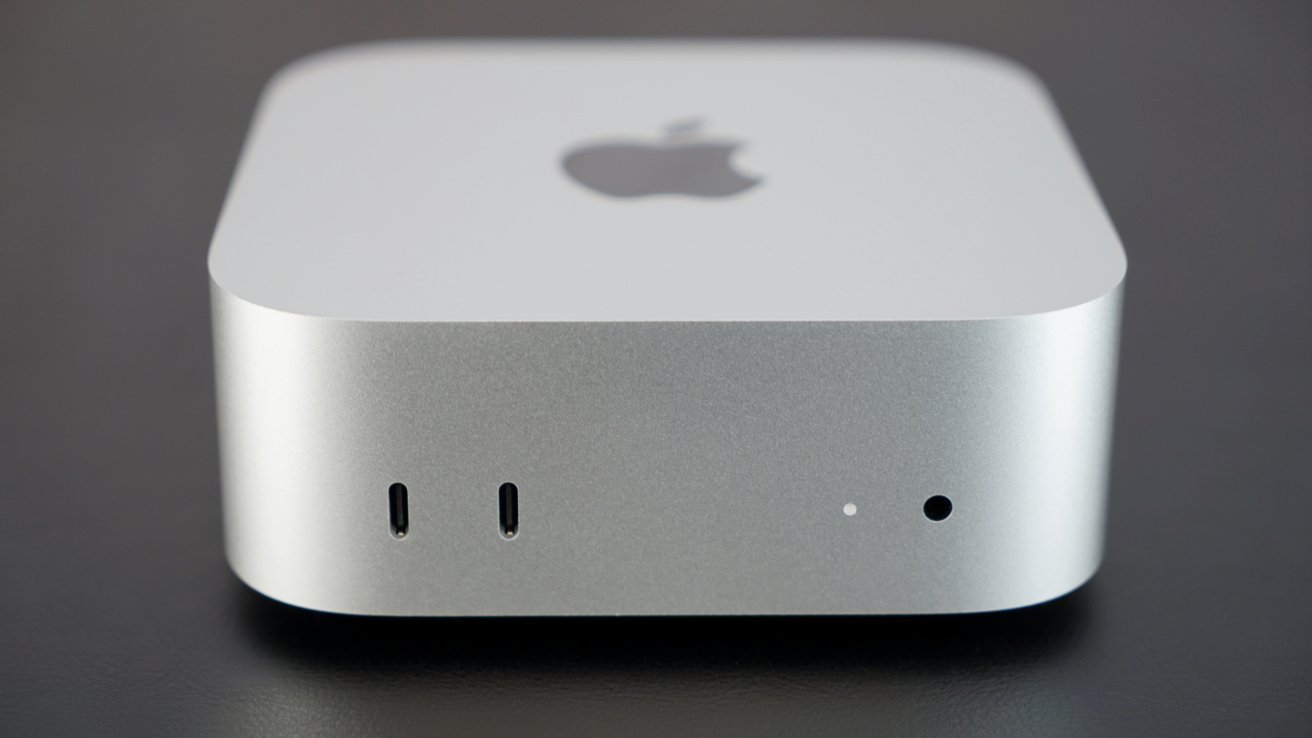



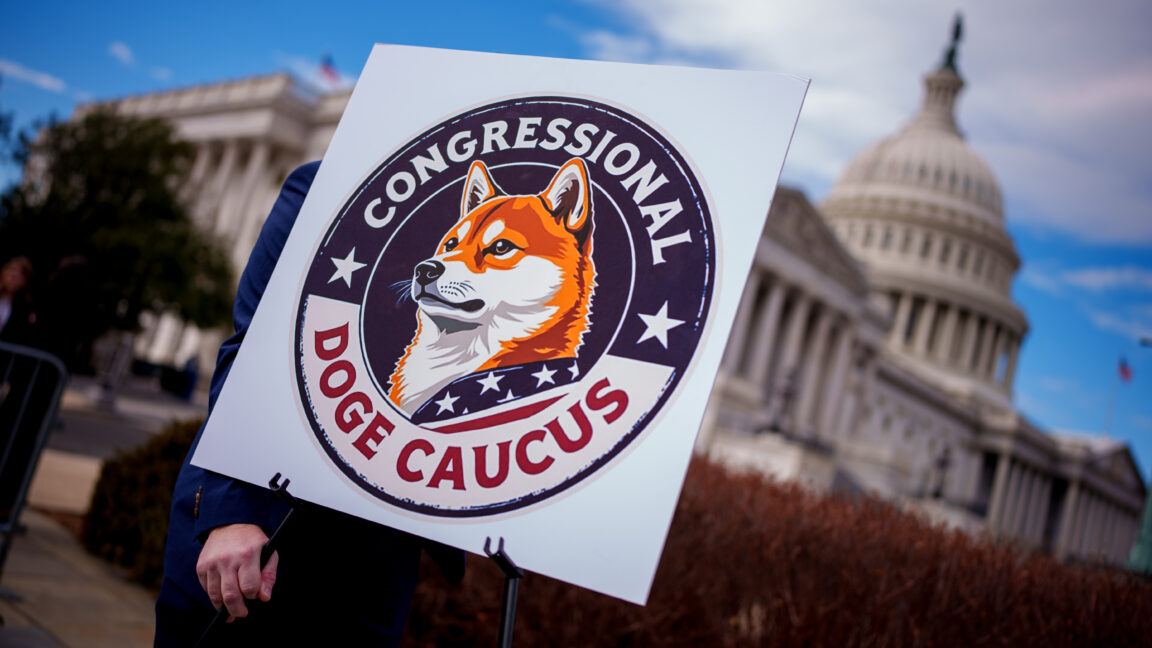

















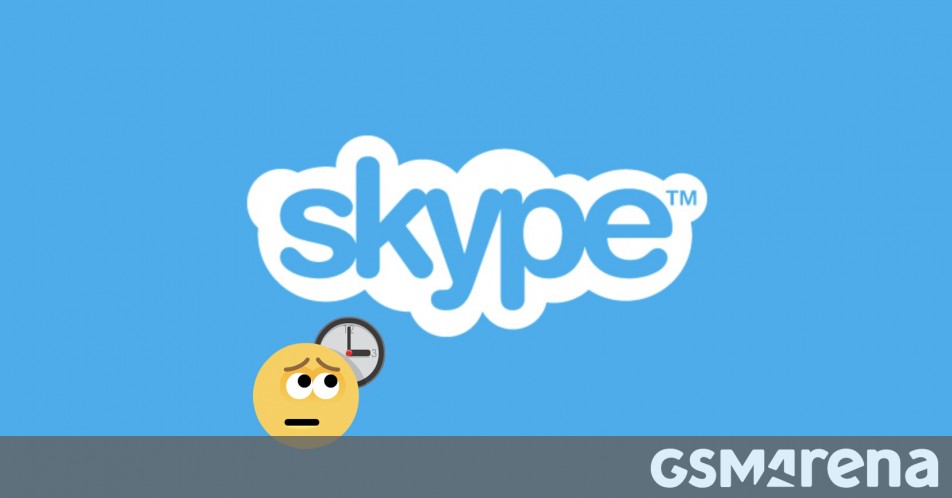



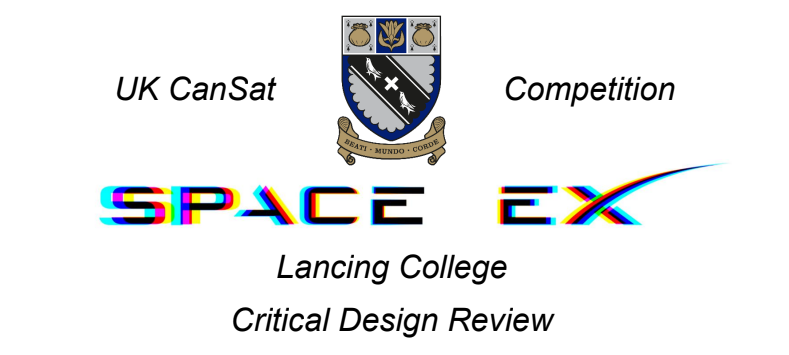
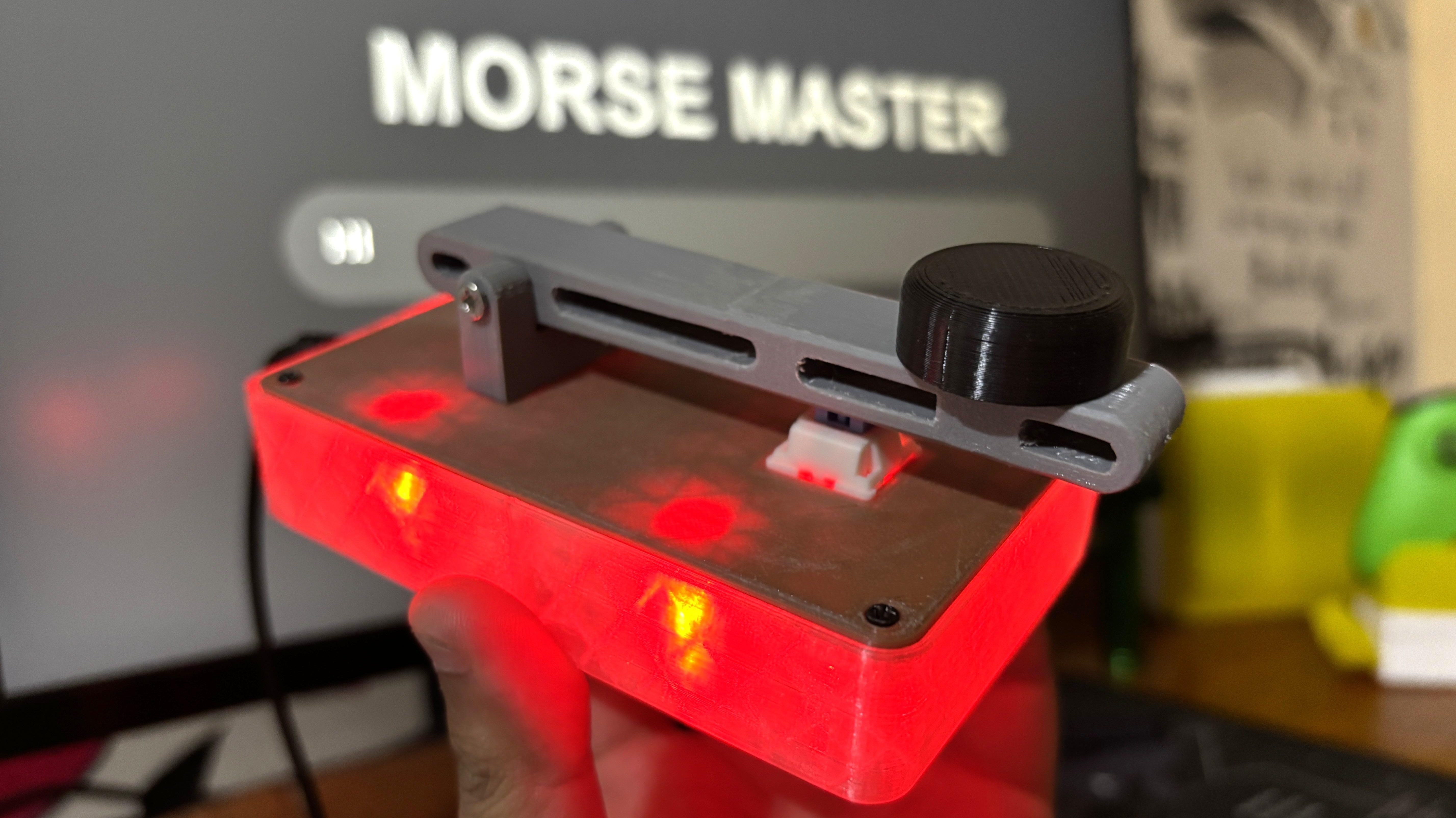






















































_Inge_Johnsson-Alamy.jpg?width=1280&auto=webp&quality=80&disable=upscale#)




























































































































![[The AI Show Episode 145]: OpenAI Releases o3 and o4-mini, AI Is Causing “Quiet Layoffs,” Executive Order on Youth AI Education & GPT-4o’s Controversial Update](https://www.marketingaiinstitute.com/hubfs/ep%20145%20cover.png)
















































































































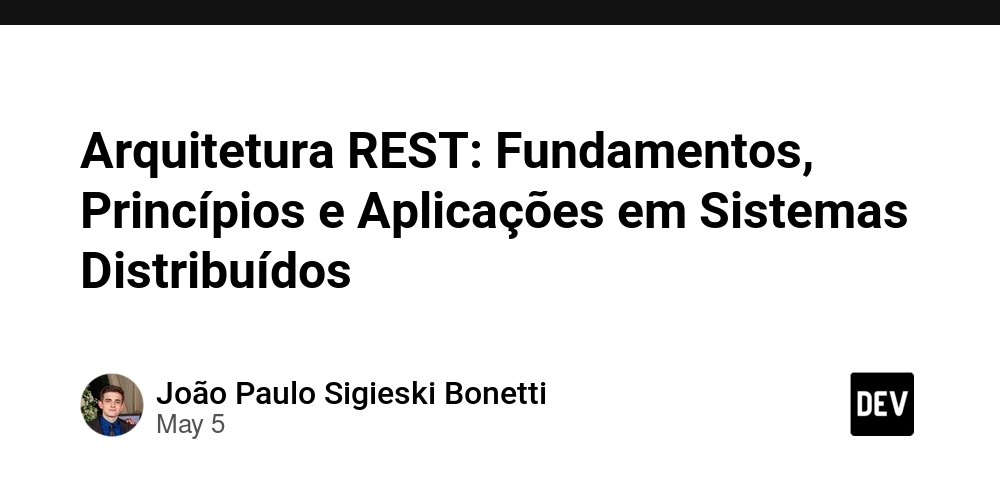
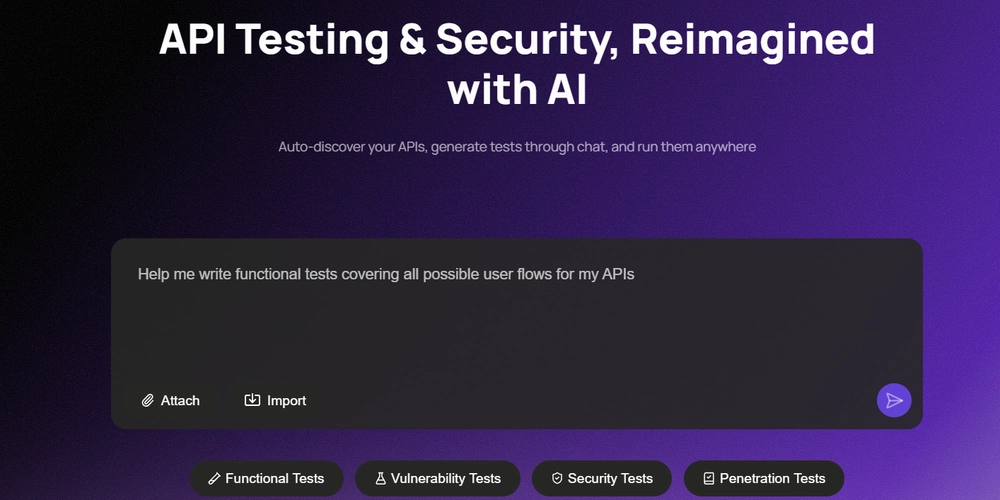























![Re-designing a Git/development workflow with best practices [closed]](https://i.postimg.cc/tRvBYcrt/branching-example.jpg)







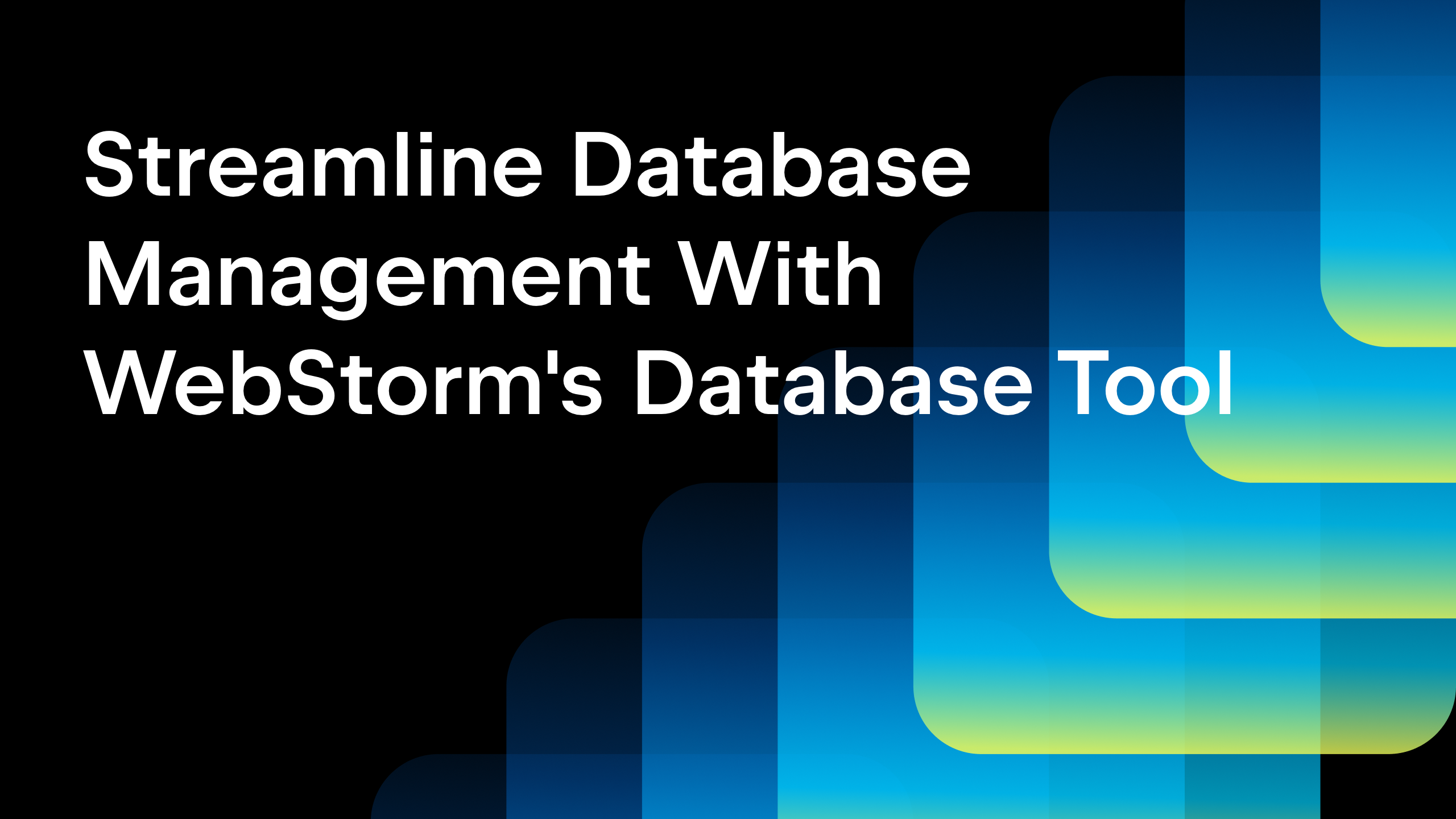












![From Art School Drop-out to Microsoft Engineer with Shashi Lo [Podcast #170]](https://cdn.hashnode.com/res/hashnode/image/upload/v1746203291209/439bf16b-c820-4fe8-b69e-94d80533b2df.png?#)


![[DEALS] Microsoft 365: 1-Year Subscription (Family/Up to 6 Users) (23% off) & Other Deals Up To 98% Off – Offers End Soon!](https://www.javacodegeeks.com/wp-content/uploads/2012/12/jcg-logo.jpg)






























































































.webp?#)

